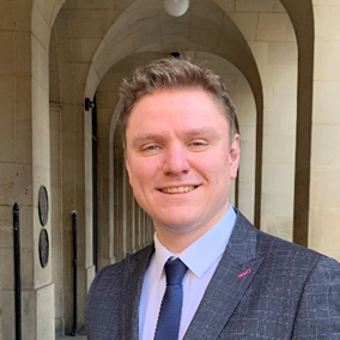South East firm Parfitt Cresswell’s group director, Nigel Harper, reflects on six months of employee ownership and shares his tips for other firms considering making the move
In September Parfitt Cresswell celebrated six months since we transferred a significant beneficial interest in our business to our employees by creating an employee ownership trust (EOT).
Employee ownership is now recognised across many industries as a highly effective route to increasing productivity, managing succession and helping to ensure the long-term success of companies. The legal sector has, however, been slow to follow this trend and, as at June 2024, it was estimated that only 25 of the 9,500 solicitors’ firms in the UK were employee-owned.
Why did we make this move? What are the advantages and disadvantages? What do you need to know if you’re considering doing the same?
Acquisition and succession
We are an expanding regional law firm with offices in London, Berkshire, Surrey, Sussex and Kent. The firm was originally established in 1908 and was acquired by Teresa Payne in 2007.
At the time the firm employed just a handful of people operating from one office in Fulham Broadway. Since the acquisition the firm has expanded significantly and our team of over 100 now operates from nine offices located across the South East.
Over the years, our fantastic team has built the business with us, so we were very keen for them to have the opportunity to share in our success and to benefit from their hard work and loyalty.
We also needed to consider the long-term future of the business because succession is a fundamental part of strategic planning for privately owned companies.
We took a long time to carefully review the options available to us and to decide which of them would best serve the business and everyone who works within it. We finally decided on an EOT, which has a number of unique advantages for both owners and employees, and which avoids many of the potential pitfalls of the alternatives.
EOT advantages
Employee ownership has become increasingly popular in the UK, due to its proven impact on competitiveness, profitability, sustainability and staff well-being. Although it is still early days, we can already see the potential advantages for our own business, and how it is particularly suitable for the legal services market which comprises so many privately owned firms.
There are clear signs of continuing and accelerating consolidation in our market, and the creation of an EOT is an option that is very worthy of careful consideration for owners who are faced with the inevitable market changes that will result from this consolidation
The fact that it includes a clear framework for the future security for the business, that EOTs have built in a tax advantageous framework, and they create a vested beneficial interest in the future success of the business for each employee, could be the over-riding reason why this decision would be the best option for many existing law firm owners.
Careful planning
Setting up an EOT does, however, require careful planning and should not be attempted without specialist expert advice. Advance planning is essential and owners should allow a minimum of 12 months for the planning and preparation stages and allow time for the tax clearance applications that will need to be made in advance.
Careful consideration will also need to be given to the business valuation process, the proportion of equity to be sold, the appropriate payment terms (often partially or wholly deferred) and transaction funding generally.
Overall, the whole process took us approximately two years but we are very happy with the outcome and I know that the management team and our employees are enthusiastic about it and the potential that it offers for all concerned.
Parfitt Cresswell continues to trade across London and the South East both under its own brand and incorporating legacy brands of the firms it has acquired. These include: Max Barford & Co; Colemans; Jevons, Riley & Pope; Charles Coleman & Co; Copley Clark; and Keene Marsland.
Principle areas of work include family law, commercial and residential property, wills and powers of attorney, probate administration, trusts and deputyships, estate and tax planning, dispute resolution, company and commercial work and employment law.
Visit
Connect with Nigel Harper via LinkedIn









